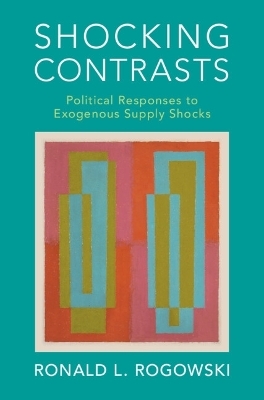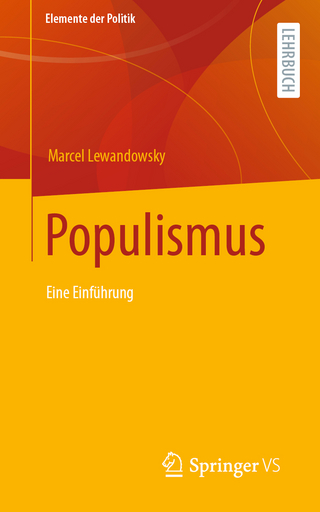
Shocking Contrasts
Cambridge University Press (Verlag)
978-1-316-51070-4 (ISBN)
In the fourteenth century, the Black Death killed as much as two thirds of Europe's population; in the fifteenth, the introduction of moveable-type printing rapidly expanded Europe's supply of human capital; between 1850 and 1914, Russia's population almost tripled; and in World War I, the British blockade starved some 800,000 Germans. Each of these, Shocking Contrasts argues, amounted to an unanticipated shock, positive or negative, to the supply of a crucial factor of production; and elicited one of four main responses: factor substitution; factor movement to a different sector or region; technological innovation; or political action, sometimes extending to coercion at home or conquest abroad. This book examines parsimonious models of factor returns, relative costs, and technological innovation. It offers a framework for understanding the role of supply shocks in major political conflicts and argues that its implications extend far beyond these specific cases to any period of human history.
Ronald Rogowski is a Distinguished Research Professor of Political Science at UCLA. He has taught at Princeton, Duke, and Minnesota. He was elected as a Fellow of the American Academy of Arts and Sciences in 1994 and has held research appointments at the Center for Advanced Study, the Wissenschaftskolleg zu Berlin, and Harvard University. His previous books include Rational Legitimacy (1974), Commerce and Coalitions (1990), and Electoral Systems and the Balance of Producer-Consumer Power (2010; co-authored).
Preface and acknowledgments; 1. How supply shocks arise and why political responses to them vary; 2. Who adjusts to a supply shock and who resists it: three determining factors; 3. Why a technological solution does, or does not, emerge; 4. Exogenous loss of labor: the black death in fourteenth century Europe; 5. Exogenous gain of labor: railroads, reproduction and revolution: the Russian population explosion between 1850 and 1914; 6. Exogenous loss of land: blockade, hunger and the Nazi pursuit of Lebensraum; 7. Exogenous increase of human capital: French Huguenots in German cities and principalities, 1685-1715; 8. When the endogenous becomes exogenous: the printing press as a multiplier of human capital; 9. Conclusion: the role of other factors, including institutions, ideas and human agency.
| Erscheinungsdatum | 11.07.2023 |
|---|---|
| Reihe/Serie | Political Economy of Institutions and Decisions |
| Zusatzinfo | Worked examples or Exercises |
| Verlagsort | Cambridge |
| Sprache | englisch |
| Maße | 158 x 236 mm |
| Gewicht | 520 g |
| Themenwelt | Sozialwissenschaften ► Politik / Verwaltung ► Vergleichende Politikwissenschaften |
| Wirtschaft ► Volkswirtschaftslehre ► Finanzwissenschaft | |
| Wirtschaft ► Volkswirtschaftslehre ► Wirtschaftspolitik | |
| ISBN-10 | 1-316-51070-0 / 1316510700 |
| ISBN-13 | 978-1-316-51070-4 / 9781316510704 |
| Zustand | Neuware |
| Haben Sie eine Frage zum Produkt? |
aus dem Bereich


